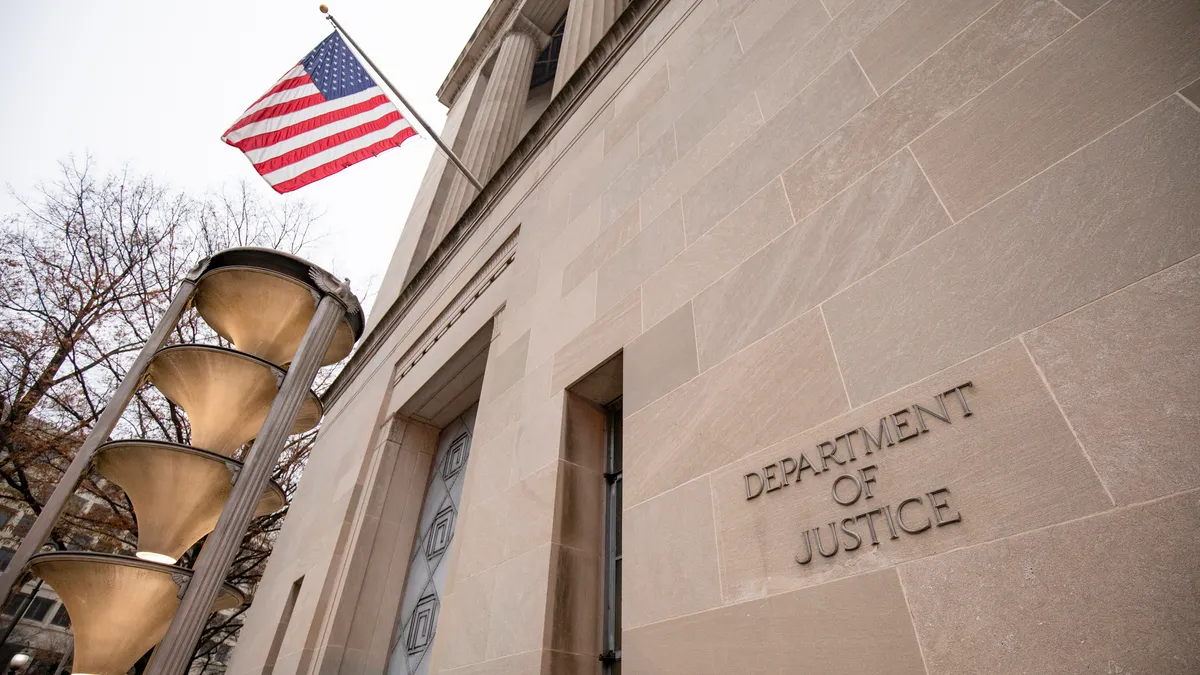Companies hoping to escape a guilty plea when negotiating an agreement with the Department of Justice over misconduct have to come forward before they know DOJ is about to knock on their door, Arun Rao, a deputy assistant attorney general, said before a group of consumer company compliance specialists. A last-minute dash to cooperate won’t cut it.
“A disclosure must be made prior to the imminent threat of disclosure or a government investigation,” Rao said in remarks to an enforcement conference hosted by the Food and Drug Law Institute.
DOJ has been pushing companies to disclose voluntarily suspected internal misconduct in exchange for reduced or eliminated penalties and a bye on having to plead guilty to crimes.
The self-disclosure policy, developed beginning in 2022 and formalized earlier this year, comes with caveats. Even companies that cooperate can be hit with fines or must agree to a guilty plea if there are aggravating circumstances – for example, the misconduct is pervasive throughout the company or it has the backing of top executives. And even if the company escapes enforcement, individual executives can be criminally charged.
A good example is the case of HealthSun, a Medicare Advantage provider. In October, DOJ agreed not to prosecute the company because it came forward on its own about internal misconduct it discovered and agreed to repay $53 million it had made by billing for ailments that policyholders didn’t have.
But the executive who oversaw the company’s risk adjustment analytics operation, and some lower-level employees she worked with, were criminally charged.
Those individuals, Rao said, “are alleged to have submitted false and fraudulent information about chronic ailments that Medicare beneficiaries did not actually have,” and now they have to defend themselves while the company can largely move on.
In a reminder that the agency is pushing individual accountability as part of its enforcement effort throughout its divisions, the consumer protection branch has charged several executives with criminal misconduct and some have been convicted.
In one case, the CEO and a lower-level employee of AMB Research, a medical clinic, were convicted of falsifying documents to make it seem like hundreds of patients were participating in a drug trial when they weren’t. Just last week, the CEO was sentenced to prison for 71 months and the employee for 46 months.
“We bring enforcement actions across the country using the wide range of criminal and civil tools available to us — both to remedy misconduct and, where appropriate, to punish those companies and individuals responsible for that misconduct,” Rao said.
In addition to requiring self-disclosure to come before the company knows it's about to be investigated, it has to be made on a timely basis, Rao said, which means it has to come shortly after the company suspects there’s misconduct. Put another way, the company can’t let time stretch out while it decides whether to self-disclose.
“Disclosure,” Rao said, “must be made … reasonably promptly after the company becomes aware of the offense.”
What’s more, it’s up to the company to show it acted quickly. That means it must compile some kind of evidence demonstrating it didn’t sit on what it knew before coming forward.
“The burden [is] on the company to demonstrate the disclosure was, in fact, timely,” he said.
“The department recognizes that tension may exist between making a timely disclosure and gathering all relevant facts,” Rao added. “In general, companies should resolve that tension in favor of disclosure, even if only preliminary investigative efforts have occurred — and, in so doing, make clear that the disclosure is based on those initial steps.”











